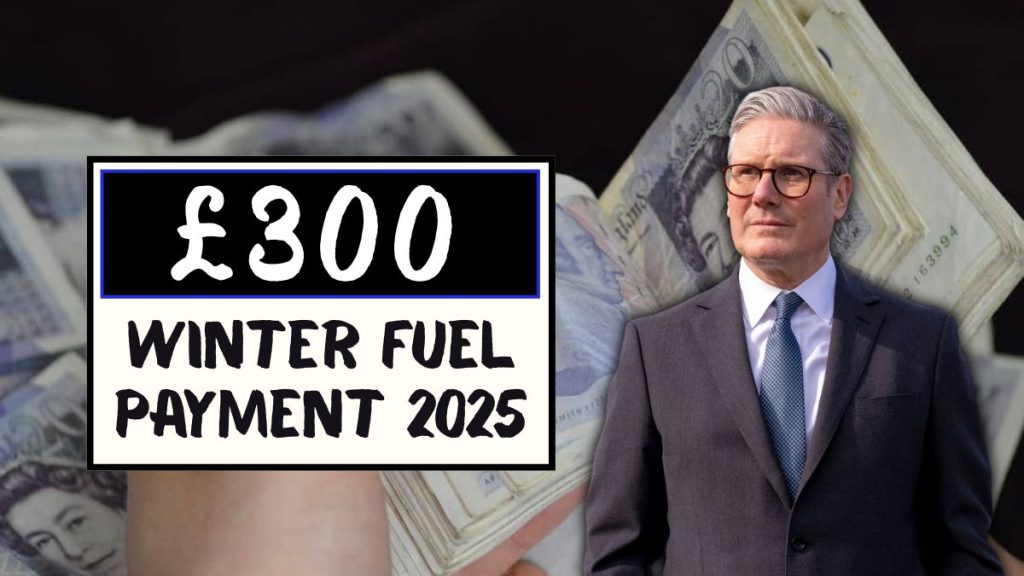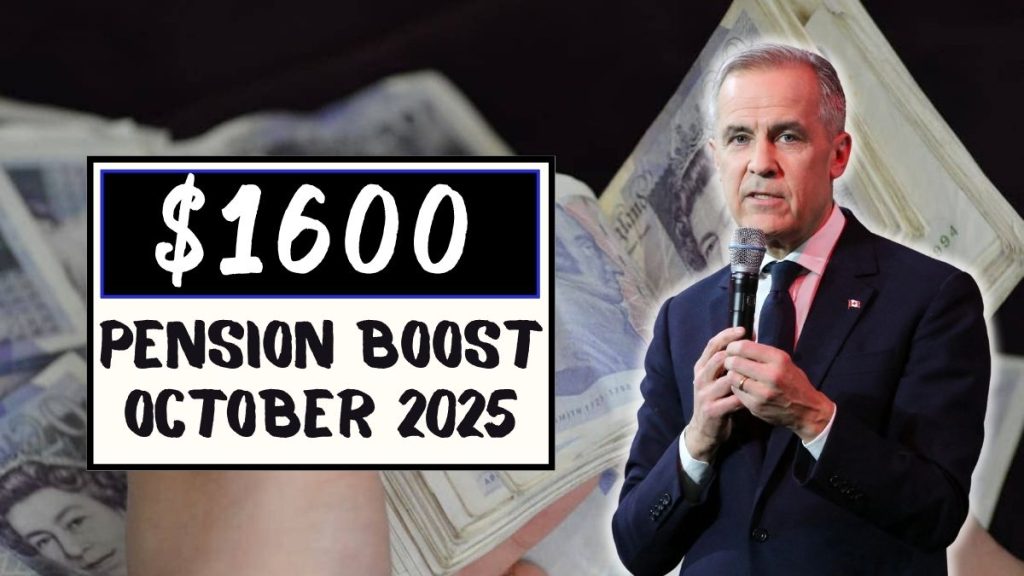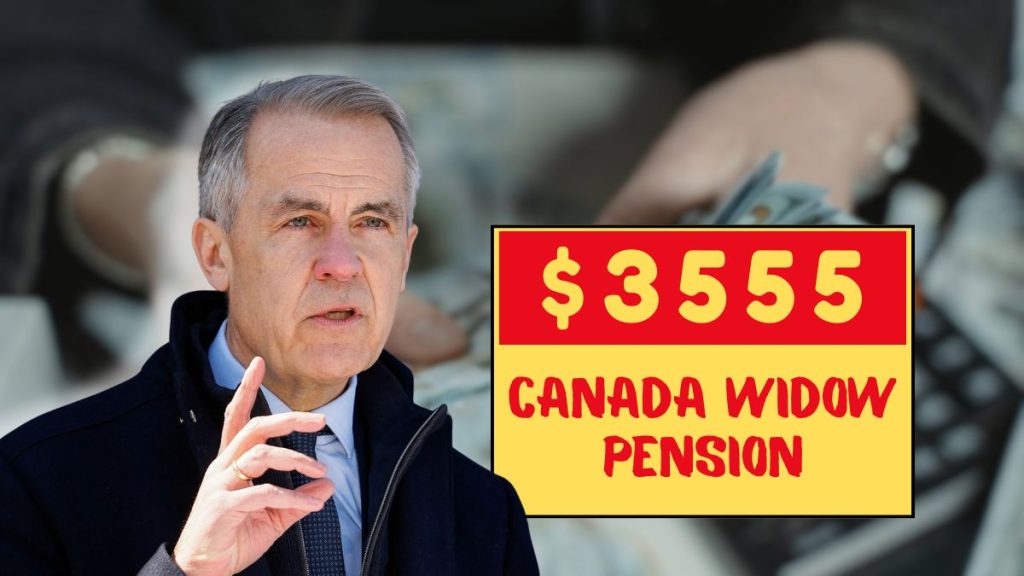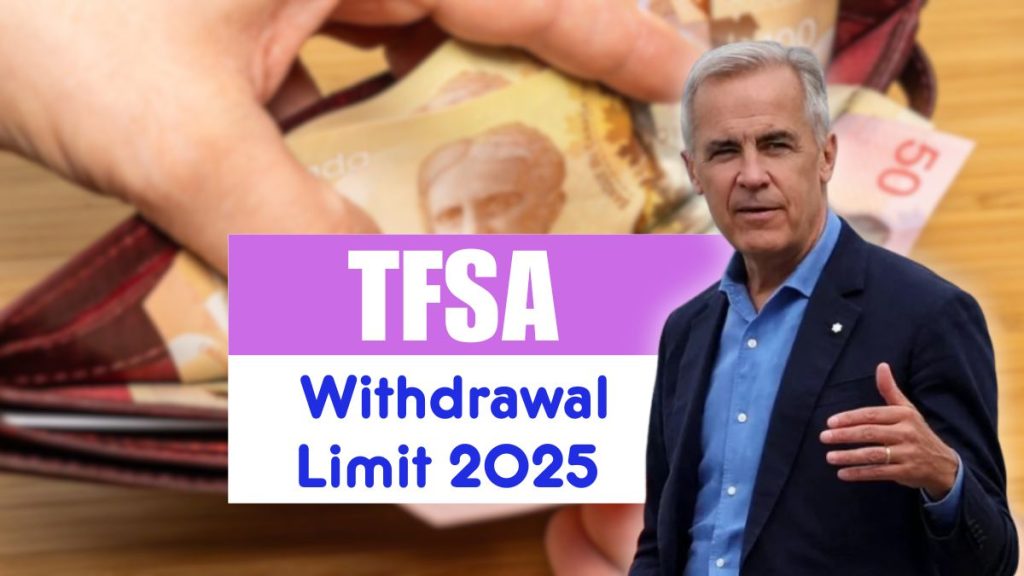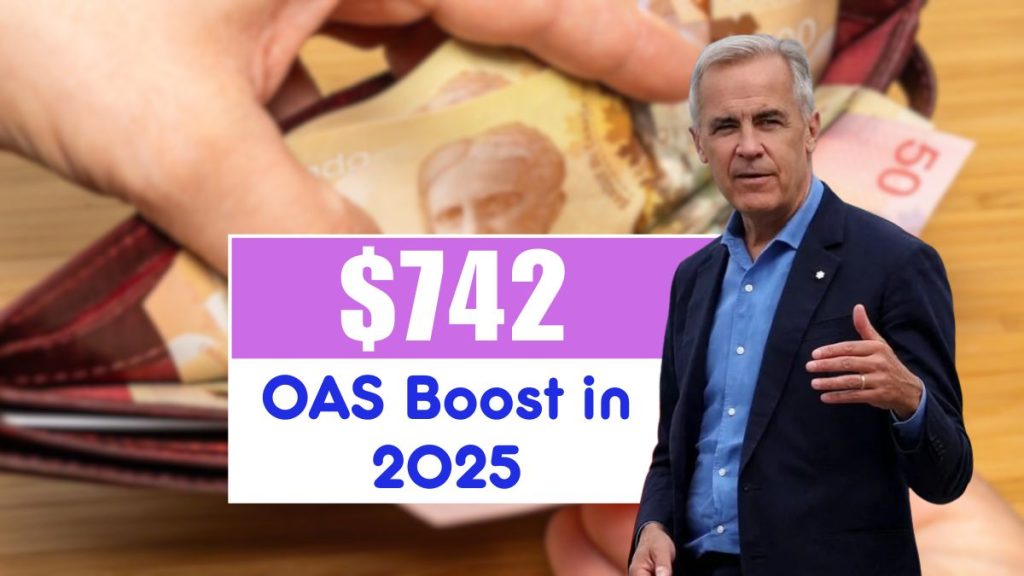The Department for Work and Pensions (DWP) has confirmed the details of the Winter Fuel Payment for 2025–2026, one of the UK’s most relied-upon schemes for older citizens. Pensioners will continue to receive between £100 and £300 to help cover heating bills during the colder months.
With energy prices still high and inflation putting strain on fixed incomes, the payment remains a crucial tool in the fight against fuel poverty. However, this year brings a major change: the introduction of a £35,000 income threshold, which could see some wealthier pensioners repaying their support through HMRC.
Purpose of the Winter Fuel Payment

The Winter Fuel Payment has been part of the welfare system for more than two decades. It was originally designed to offset higher heating costs faced by older people during the winter season, particularly those on low or fixed incomes.
Payments are made directly into recipients’ bank accounts, usually the same one used for their State Pension. The system is simple, but for 2025–26, the rules have been tightened to ensure money is better targeted.
Who Qualifies for the Payment?
To qualify, pensioners must meet two key conditions:
- Age – You must be born before 22 September 1959.
- Residency – You must ordinarily reside in the UK during the qualifying week (15–21 September 2025).
Certain exceptions apply. Pensioners will not receive the payment if they:
- Were in prison for the entire qualifying week.
- Received free hospital treatment throughout the qualifying week.
- Have been living in a care home since 23 June 2025 and receive Pension Credit, income-based Jobseeker’s Allowance, income-related Employment and Support Allowance, or Universal Credit.
- Are subject to immigration rules restricting access to public funds.
Care home residents who are not on income-related benefits may still qualify but at a reduced rate.
The New £35,000 Income Rule
The most significant change for 2025 is the introduction of an income cap. Pensioners with annual incomes above £35,000 will still receive the Winter Fuel Payment initially but will have it reclaimed later through HMRC.
Two recovery methods are being introduced:
- PAYE pensioners – HMRC will adjust tax codes during the 2026–27 tax year.
- Self-employed or Self Assessment pensioners – The Winter Fuel Payment will be added as an additional tax charge for the 2025–26 year.
This marks the first time the scheme has been linked to income, transforming it from a universal benefit into a partially means-tested support system.
Payment Amounts by Household Circumstances
The amount varies depending on age, household type, and benefit status.
| Circumstances | Born 22 Sept 1945 – 21 Sept 1959 | Born before 22 Sept 1945 |
|---|---|---|
| Living alone / no other eligible person | £200 | £300 |
| Living with another eligible person (no benefits) | £100 | £150–£200 |
| Joint benefit claimants | £200 | £300 |
| Individual benefit claimant | £200 | £300 |
| Care home resident (no benefits) | £100 | £150 |
This structure ensures that the oldest pensioners and those living alone receive higher payments to reflect their greater risk of fuel poverty.
How to Claim the Payment
For most pensioners, the payment will be automatic, but some groups must actively claim:
- Pensioners who have never received the Winter Fuel Payment before.
- Those who have deferred their State Pension and were therefore excluded from automatic payments.
Key claim dates:
- 15 September 2025 – Postal applications open.
- 13 October 2025 – Telephone applications open.
- 31 March 2026 – Final deadline for all claims.
Applicants will need to provide their National Insurance number, bank account details, and marital status.
Payment Schedule for 2025–26
The DWP has confirmed the following timeline:
- 15–21 September 2025 – Qualifying week.
- November–December 2025 – Payments issued.
- 28 January 2026 – Contact DWP if payment not received.
- 31 March 2026 – Final claim deadline.
Pensioners will receive an advance letter confirming the amount and account details before payments are made.
Other Support Available
The Winter Fuel Payment works alongside other energy-related schemes, including:
- Cold Weather Payment – Triggered when temperatures fall to 0°C or below for 7 consecutive days.
- Warm Home Discount – A £150 discount on electricity bills for eligible households.
- Household Support Fund – Local council grants to help with essential living costs.
Together, these measures provide multiple layers of financial support for vulnerable pensioners.
Protecting Against Scams
The DWP has warned pensioners about fraudsters exploiting the Winter Fuel Payment scheme. Common scams include texts, emails, or phone calls requesting bank details.
The DWP never contacts claimants by text or email for payment details. Pensioners should only use official government helplines or GOV.UK to apply or check their claim status.
The Bigger Picture
The introduction of an income threshold represents a fundamental change in how the Winter Fuel Payment is managed. By reclaiming payments from higher-income pensioners, the government aims to redirect resources to households in greatest need.
Charities have welcomed the continued support but warned that awareness campaigns will be essential to ensure eligible pensioners apply before the deadline.
FAQs on the Winter Fuel Payment 2025–26
Q1: How much will I get from the Winter Fuel Payment in 2025–26?
Depending on age and circumstances, you can receive between £100 and £300.
Q2: What is the new income threshold?
From 2025, pensioners with annual incomes above £35,000 will still receive the payment initially but will have it reclaimed through taxation.
Q3: When will payments be made?
Payments will be issued in November and December 2025, with all claims to be completed by 31 March 2026.
Q4: Do I need to apply for the payment?
Most pensioners receive it automatically. However, new claimants or those who deferred their State Pension must apply.
Q5: Will the Winter Fuel Payment affect my other benefits?
No, the Winter Fuel Payment is separate and tax-free. It does not reduce or affect your entitlement to other benefits.









